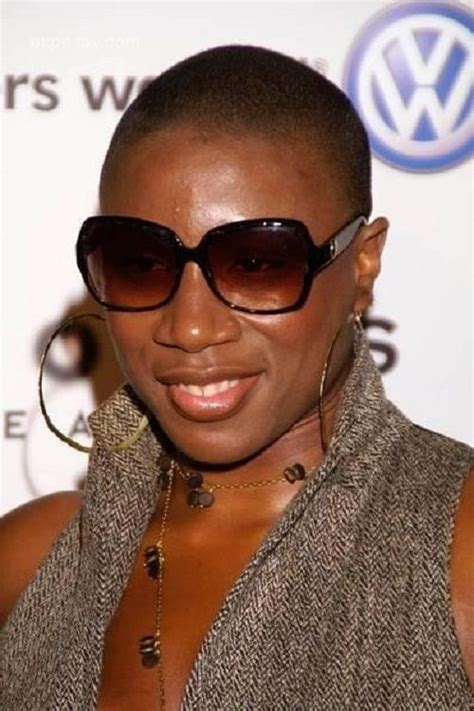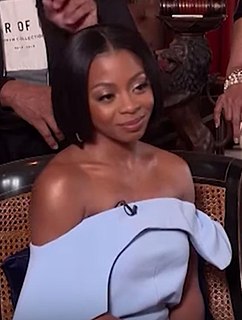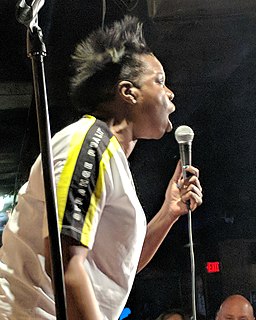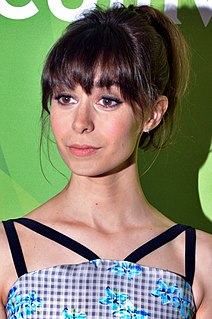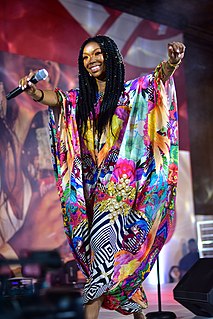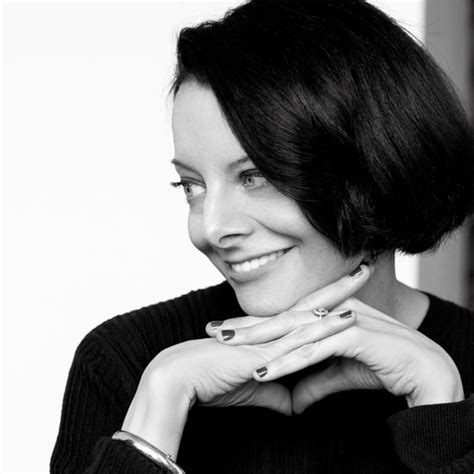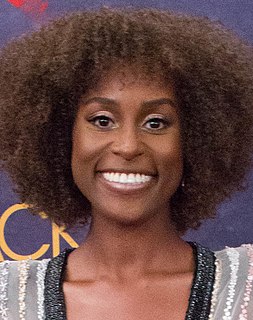A Quote by Aisha Hinds
One of the first memories I have was watching Whoopi Goldberg perform her one-woman show on Broadway on HBO. She moved seamlessly through an array of spirited and soul-stirring characters, each one holding a mirror up to me and allowing me in many ways to see a reflection of myself on screen.
Related Quotes
When I woke the next morning in my room at White's Motel, I showered and stood naked in front of the mirror, watching myself solemnly brush my teeth. I tried to feel something like excitement but came up only with a morose unease. Every now and then I could see myself-truly see myself-and a sentence would come to me, thundering like a god into my head, and as I saw myself then in front of that tarnished mirror what came was 'the woman with the hole in her heart'. That was me.
That stirring which had fluttered in her on first glimpsing the sea—that stirring landlocked children know so well—moved in her now, with the golden stars over head, and the green fireflies glinting on the wooded shore. She carefully unfolded the stirring that she had so tightly packed away. It billowed out like a sail, and she laughed, despite herself, despite hunger and hard things ahead.
I’m a black woman who is from Central Falls, Rhode Island. I’m dark skinned. I’m quirky. I’m shy. I’m strong. I’m guarded. I’m weak at times. I’m sensual. I’m not overtly sexual. I am so many things in so many ways and I will never see myself on screen. And the reason I will never see myself up on screen is because that does not translate with being black.
Eleonora Duse said, "Tell me about Deirdre and Patrick," and made me repeat to her all their little sayings and ways, and show her their photos, which she kissed and cried over. She never said "Cease to grieve", but she grieved with me, and, for the first time since their death, I felt I was not alone.
